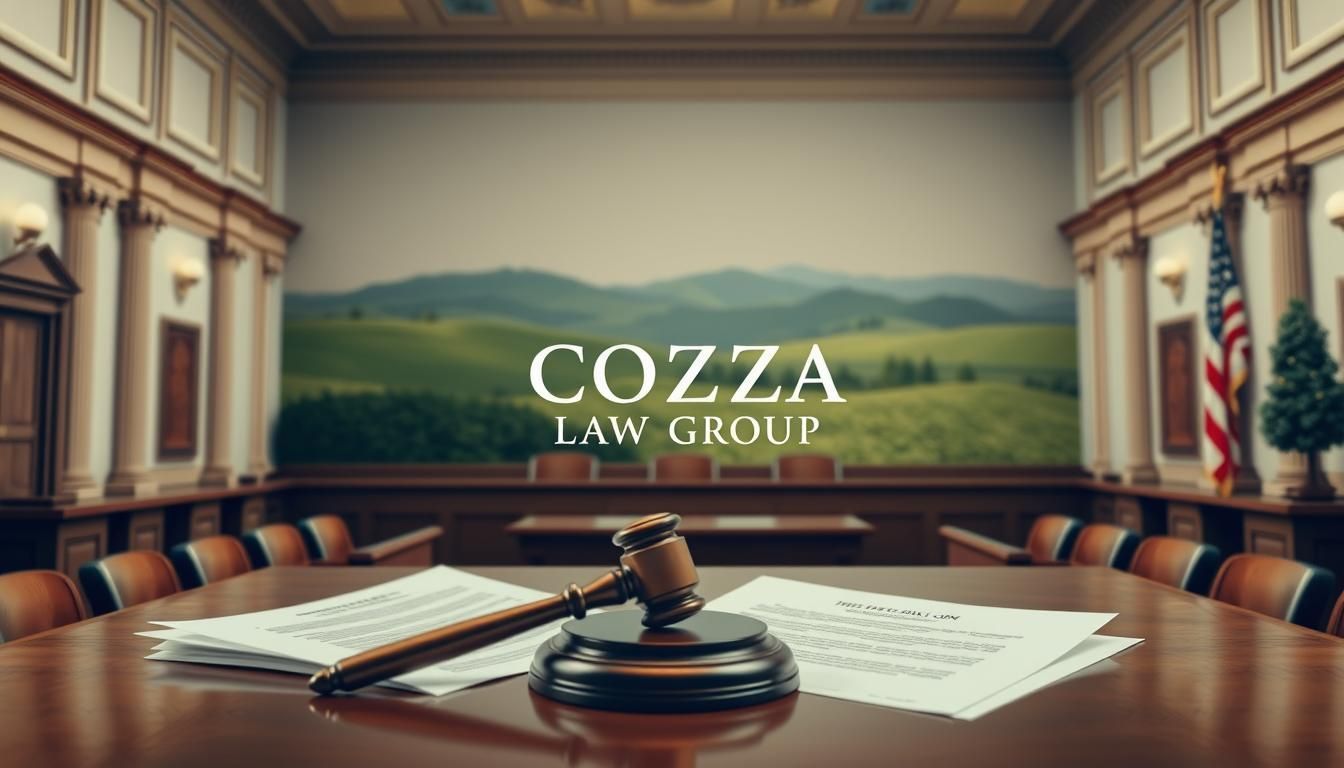Durable vs General Power of Attorney: Key Differences

When planning for the future, knowing about power of attorney is key. Sometimes, we need someone else to make decisions for us. This is where power of attorney comes in. It's a crucial tool for managing our affairs, but not all types are the same.
There are two main types: general and durable power of attorney. Each has its own role in estate planning. Understanding these differences helps us make better choices for our legal and financial matters.
A general power of attorney gives someone wide legal authority. However, it ends if the person giving it becomes unable to make decisions. In contrast, a durable power of attorney stays in effect even if the person loses mental capacity. Both types are important for different situations.
Key Takeaways
- Power of attorney is a crucial tool in estate planning
- General and durable powers of attorney serve different purposes
- A general power of attorney ends upon incapacitation
- Durable power of attorney remains effective during incapacity
- Both types expire upon the principal's death
- Understanding these differences helps in making informed legal decisions
Understanding Powers of Attorney: An Overview
A power of attorney is a key legal document. It gives a trusted person the right to make decisions for you. This tool is crucial for managing your estate and finances.
What is a Power of Attorney?
A power of attorney lets you choose someone to act on your behalf. This person, known as an agent or attorney-in-fact, can take care of your financial and healthcare needs.
Types of Power of Attorney
There are different kinds of powers of attorney, each with its own purpose:
- General Power of Attorney: Gives wide-ranging decision-making authority
- Durable Power of Attorney: Still valid if you become unable to make decisions
- Limited Power of Attorney: Has specific, limited powers
- Medical Power of Attorney: Deals with healthcare decisions
Importance in Estate Planning
Powers of attorney are key to a solid estate plan. They make sure your affairs are looked after as you wish, even if you can't make decisions yourself. By picking a trusted agent, you keep control over your finances and healthcare choices.
It's wise to talk to an experienced lawyer to make a power of attorney that fits your needs and follows state laws. This document gives you peace of mind and safeguards your interests in many situations.
General Power of Attorney Explained
A General Power of Attorney (GPOA) gives a wide authority to an agent to act for the principal. This legal document lets the agent make financial choices and do business for a certain time.
GPOAs are often used when the principal is:
- Traveling abroad
- Temporarily unavailable
- Dealing with short-term health issues
The agent's powers under a GPOA include:
- Managing finances
- Hiring professionals
- Operating businesses
- Settling claims
A GPOA gives temporary authority. It stays valid only when the principal is mentally able. It ends if the principal becomes incapacitated or dies.
While a GPOA is good for managing things during short absences, it has limits. The agent can't make decisions if the principal loses mental capacity. This might limit their help in some situations.
When thinking about a GPOA, we suggest talking to a legal expert. This ensures it meets your specific needs and situation.
Durable Power of Attorney: Key Features and Benefits
A Durable Power of Attorney (DPOA) is a key part of estate planning. It stays in effect even if you can't make decisions for yourself. This means it protects your interests when you're not able to.
Definition and Scope
A DPOA lets you choose someone to handle your affairs if you can't. It covers things like managing money and making healthcare choices. The document must clearly state it's durable to stay valid if you become incapacitated.
Activation of a Durable POA
DPOAs can start in two ways:
- Immediate: It starts right after you sign it
- Springing: It starts when you're unable to make decisions
The choice depends on what you prefer and your situation.
Decision-Making Powers
Your chosen agent can do many things with a DPOA:
- Financial management: Pay bills, handle investments, file taxes
- Healthcare decisions: Pick medical treatments, choose care places
- Personal affairs: Manage property, get to legal documents
This ensures your wishes are followed, even if you can't speak for yourself.
DPOAs with mental incapacity provisions give you peace of mind. They make sure your affairs are taken care of in unexpected situations or if your condition worsens. Planning ahead helps protect your interests and eases stress for your loved ones in tough times.
Durable vs General Power of Attorney: Key Differences
When planning for the future, it's key to know the differences between durable and general powers of attorney. The big difference is how they work during incapacitation. A general power of attorney ends if the person making it can't make decisions anymore. But a durable power of attorney keeps going.
Durable powers of attorney have big benefits:
- They make sure someone can still make decisions if health issues come up suddenly
- They give peace of mind for long-term planning
- They allow quick action in emergencies
General powers of attorney are usually for short-term needs or specific tasks. They're good when someone needs someone to act for them for a little while or for a certain thing.
Both kinds of power of attorney stop working when the person making them dies. Choosing between durable and general depends on what you need for the future. We suggest talking to an estate planning lawyer to see which one is right for you.
In short, durable powers of attorney give better protection if someone can't make decisions and keep decision-making going. General powers of attorney are good for short-term needs but don't protect as much if someone loses mental capacity.
Choosing the Right Power of Attorney for Your Needs
Choosing the right power of attorney is key in estate planning. We need to think about several things to make sure our POA fits our needs and situation.
Key Considerations
When picking a power of attorney, consider these points:
- The scope of authority needed
- How long the powers last
- What happens if we become unable to make decisions
- Our personal and financial situation
Understanding Legal Requirements
Every state has its own rules for a valid power of attorney. These rules might include:
- Specific language in the document
- Rules for witnesses
- Notarization requirements
It's important to know about limits on certain powers. For example, some powers can't change trusts or who gets what.
Seeking Professional Advice
Talking to an estate planning lawyer is a smart move. They can explain the different types of POAs and make sure our document follows the law. An experienced lawyer will help us make a POA that reflects our wishes and keeps our interests safe.
Conclusion
We've looked at the main differences between durable and general Powers of Attorney. These are key tools for estate planning. Knowing the differences helps you make informed choices and get the legal protection you need. Durable POAs keep going even if you can't make decisions for yourself. General POAs are for specific situations but stop if you lose your mental ability.
Choosing the right POA depends on your own needs and situation. You should think about your health, money, and future goals. Creating a POA is not a one-size-fits-all task. Each type has its own role in handling your affairs and protecting your interests.
For the best legal protection and peace of mind, get advice from experts when making your POA. Estate planning experts can help you make sure your document follows the law. With the right POA, you'll have a strong tool to protect your future and share your wishes. at Cozza Law Group PLLC we help you chose which option is best for you , Schedule a consultation with us now.




